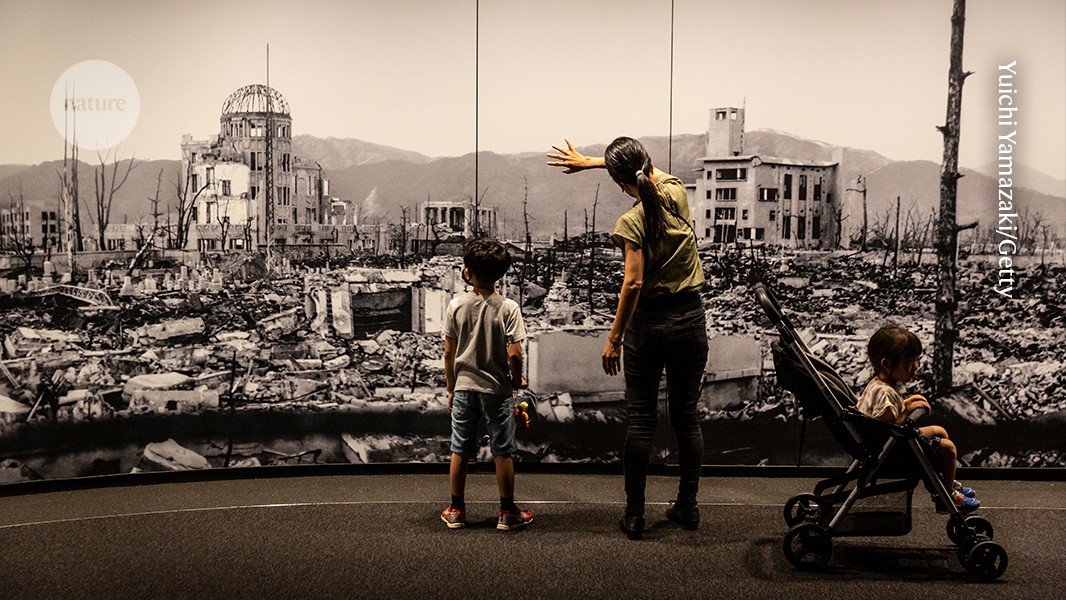
"On the morning of 6 August 1945, in Hiroshima, Japan, a flash of light enveloped the sky so brightly that a 13-year-old boy, Oiwa Kohei, thought the Sun had fallen to Earth and landed in his mother's flower beds."
"More than 200,000 people, by some estimates, died as a result of the nuclear bombing of Japan. Survivors, approximately 650,000 people, serve as the last witnesses to the hell of nuclear destruction."
"The processes by which the UN makes decisions are typically informed by the best available scientific knowledge, but one question has rarely been considered by the world body: what are the impacts of nuclear war?"
"At the end of last year, member states tasked UN secretary-general Antonio Guterres with appointing a panel to study the physical and societal consequences of a nuclear war, and to publish a report by 2026."
On August 6, 1945, Hiroshima experienced the first nuclear weapon attack, killing around 80,000 people instantly, with total deaths estimated over 200,000. Survivors number approximately 650,000, embodying the legacy of nuclear devastation. The United Nations, formed shortly after the bombings, has infrequently explored nuclear war's consequences, with little scientific integration in its decisions. The UN General Assembly has not consulted researchers on nuclear effects since a brief 1988 study. Recently, member states have instructed the UN Secretary-General to establish a panel to assess nuclear war's impacts and report findings by 2026.
Read at www.nature.com
Unable to calculate read time
Collection
[
|
...
]